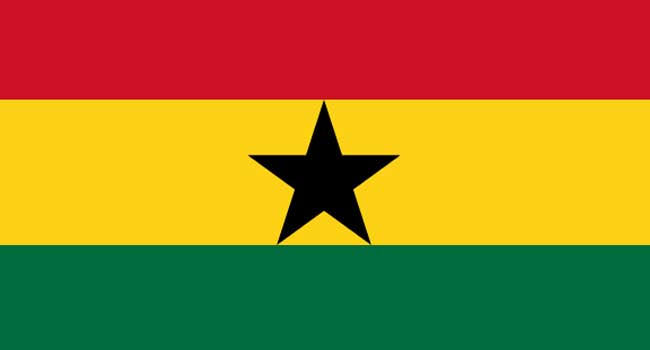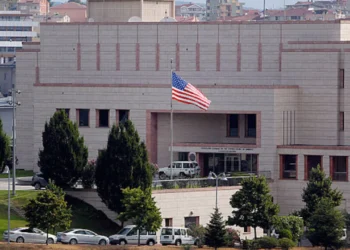Ghana’s Supreme Court has reaffirmed a law criminalizing gay sex, a statute that has stood for over sixty years. As the nation waits for another judicial decision on a proposed bill that could impose even harsher penalties, the ruling has brought back the age-old debate over LGBTQ+ rights in Africa.
Why It Matters
While the West African country struggle with the conflict between deep-rooted cultural beliefs and modern perspectives on human rights, the division remains apparent. Traditionalists vehemently oppose homosexuality, branding it unnatural and taboo. Yet, voices advocating for civilization and equality argue that everyone deserves the same rights, regardless of their sexual orientation. This clash between tradition and progress is a central theme in the ongoing debate.

On Wednesday, the Supreme Court’s seven-member panel dismissed a lawsuit challenging the existing law. Presiding Justice Paul Baffoe-Bonnie stated that the court’s reasons for the decision would be disclosed later. The 1960 Ghanaian Criminal Code deems same-sex sexual acts as “unnatural carnal knowledge,” carrying a penalty of up to three years in prison.
What They Are saying
If the Human Sexual Rights and Family Values Bill, passed in February, takes effect, these penalties will increase. The government plans to intensify its crackdown on those promoting LGBTQ+ identities, should the bill become law. However, the court has delayed ruling on whether the bill should be sent to President Nana Akufo-Addo for approval, citing the need to determine its constitutionality first.
In 2021, law lecturer Prince Obiri-Korang challenged the 1960 code, arguing that it violated the constitutional right to privacy. However, with the court’s recent decision, the future of LGBTQ+ rights in Ghana remains uncertain.
Bottom Line
This issue continues to divide Africa, with tradition and modernity at loggerheads, leaving the fate of many hanging in the balance.

















